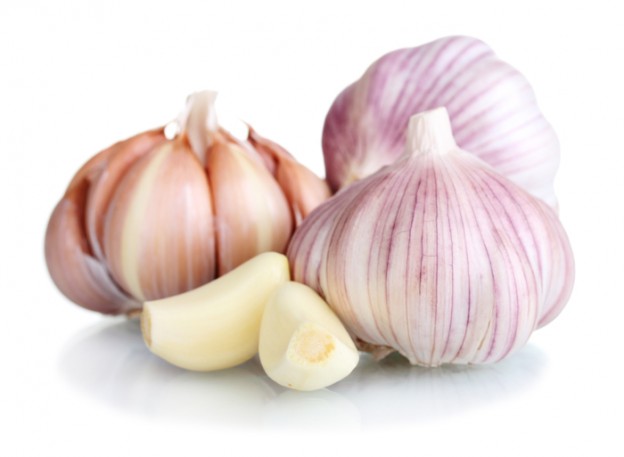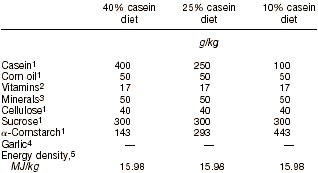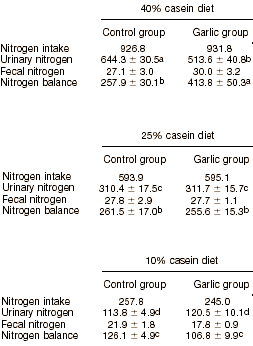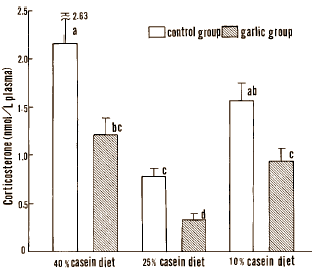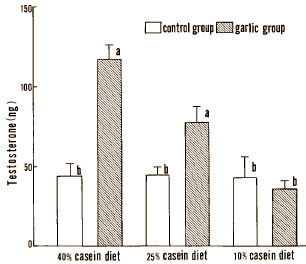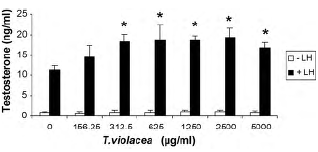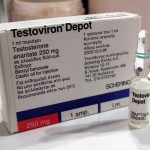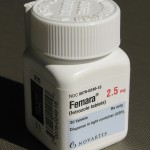Blog Entry #47
By Admin – Steroidal.com
Allium sativum, commonly known as garlic, has a host of positive benefits on the body, some of which we have written about already, such as its ability to lower estrogen levels on cycle as its part of the Allium family. Garlic is a potent anti-oxidant and has a lot of health benefits. These include but are not limited to; aiding in a good cholesterol profile, cardiovascular protective, boosting immune function and help stabilise blood sugar levels. However, it may also be a good addition to a bodybuilder or athlete, as it has been shown to be anabolic in rodents and in vitro.
In this first Japanese study done at the Kobe University, and by a pharmaceutical company called Riken, the researchers tested rats given a protein diet and garlic powder [1]. The rats were split into three groups and given varied amounts of protein, 10%, 20% and 40% protein in their diet.
The Japanese scientists then split each diet group into two sub groups. One was given ordinary feed containing 10%, 20% or 40% protein; the feed for the other sub group was enriched with garlic powder. For every kg of feed, 8g of garlic powder was added. Each gram of garlic powder contained 5mg of dialylsulphides (garlic extract)
This went on for 28 days at which time the Japanese researchers tested to se how much nitrogen the rats has retained. What they found was that the rats given little or moderate amounts of protein, the garlic had no effect. But the rats given high protein, garlic did have an effect and this increased their nitrogen balance. A positive nitrogen balance creates an excellent environment for muscle growth and recovery, aiding in muscle cell regeneration and hypertrophy.
Cortisol and testosterone were also tested in the rats. In the rats given high protein they found high testosterone concentrations in their testes, whilst also observing a lower cortisol level. In the rats given lower protein in the garlic group, testosterone was not measured as high. This shows that high protein and garlic increased the rat’s testosterone levels and decreased their cortisol level, indicating an anabolic environment.
Following this discovery, the Japanese researchers injected dialylsulphides into the rats and recorded their luteinizing hormone (LH) levels. They found that the rats LH levels increased, which would explain the rise in testosterone levels after ingesting garlic powder.
Limitations of this study are of course that it’s on rodents and not humans and also that Riken, the pharmacologists who funded the research, manufactures garlic extracts for supplements.
Another member of the Allium family and showing possible signs of boosting testosterone levels is Tulbaghia violacea, or commonly called Wild Garlic [2]. Wild garlic is mostly found in South Africa and was used medicinally by the Zulu Tribe to treat infections, raise sex drive and may also have cardio protective effects. This is related to common garlic, but is not to be confused.
Researchers at the University of the Western Cape in South Africa, added ethanol extracts of the fresh wild garlic stems and bulbs to testes cells in test tubes (vitro). What they observed was that the production of LH was increased by between 33-72%.
The South African scientists then speculated that the wild garlic speeds up the conversion of cholesterol to testosterone, or that LH receptors are made more efficient.
Limitations of this study are that it was done in test tubes and not on humans, or even rodents, but the first study we discussed shows promise. We suggest biding your time and seeing what more data is done on garlic extracts and boosting testosterone and/or LH, anabolic effects and lowering cortisol. You may see extracts of garlic feature in future testosterone boosting products but we don’t suggest you go buying and consuming large amounts of garlic, because there is not adequate data and you may not also end up smelling very nice!
Source:
[1]. J Nutr. 2001 Aug;131(8):2150-6.
[2]. J Ethnopharmacol. 2010 Aug 17.




